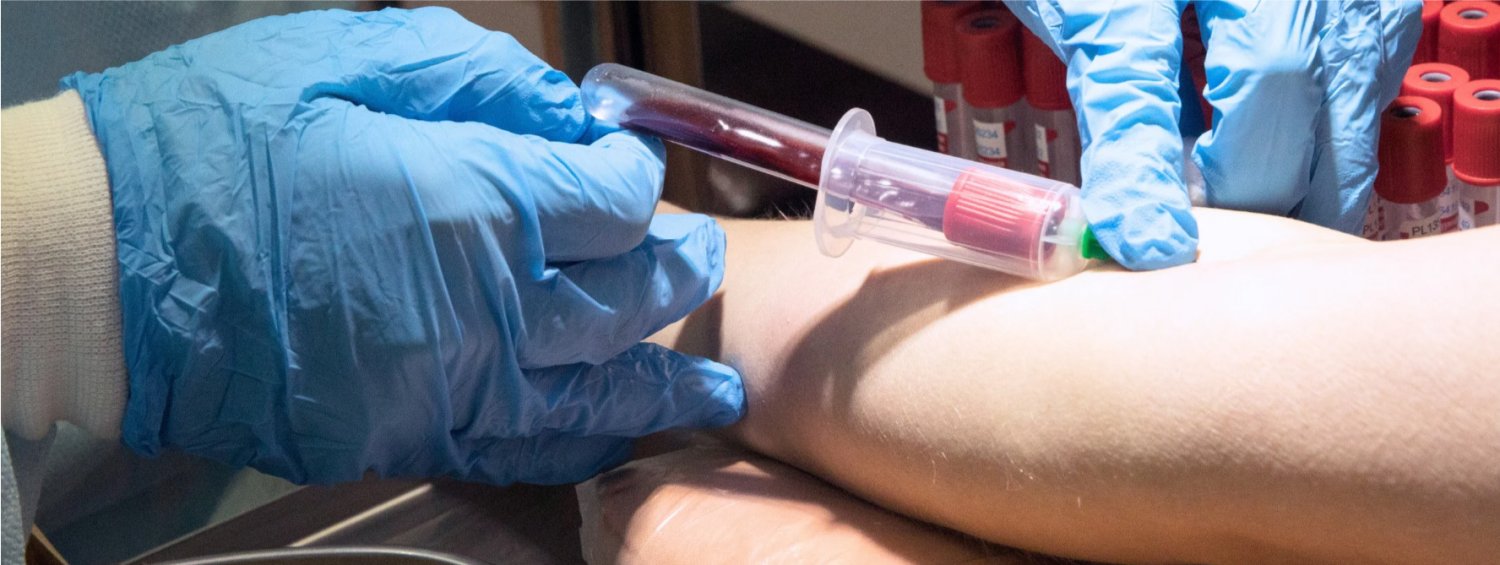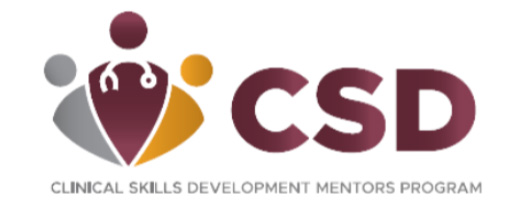


UAG UNIQUE CLINICAL EXPERIENCES
CLINICAL SKILLS DEVELOPMENT PROGRAM
The Clinical Skills Development (CSD) Program at UAG School of Medicine is a longitudinal course integrated into the Basic Sciences phase of the System-Based Program. This program follows the Entrustable Professional Activities (EPAs) established by the American Association of Medical Colleges (AAMC), offering a range of workshops tailored to your academic level. These include training in physical examination, medical imaging, basic procedures, and clinical reasoning.
Workshops within the CSD program incorporate task-training activities, simulation experiences, and innovative educational tools. Each session is designed to provide hands-on experience, foster critical thinking, and encourage interdisciplinary collaboration, ensuring students are well-prepared for their clinical years and future medical practice.


CSD ACTIVITIES
simulation
training

PROCEDURAL
TRAINING
Interprofessional
Education
BRIGADES &
cLINICAL
ROTATIONS
WORKSHOPS

ISOLATED TASKS

INTEGRATED TASKS

SIMULATED CLINICAL SCENARIOS

INTERPROFESSIONAL CLINICAL SCENARIOS
O
OBJECTIVE
S
STRUCTURED
C
CLINICAL
E
EXAMINATION
OSCE sessions are a critical part of assessing students’ clinical competence and readiness for more advanced responsibilities in medical practice.
These Objective Structured Clinical Examinations simulate real-life patient interactions, allowing students to demonstrate their diagnostic and decision-making skills.
Faculty feedback during these sessions helps students identify areas for improvement and effectively track their progress over time, ensuring continuous development and readiness for clinical practice.


Program Overview
The CSD Mentoring Program is a pioneering initiative designed to empower first and second-year students on their journey toward clinical proficiency. Launched in January 2023, the program is committed to cultivating a culture of mentorship and support within our medical community.
The CSD Mentoring Program extends an invitation to high-performing students to serve as mentors and assistants, contributing significantly to their peers' development.
Our Initiatives
CSD mentors have the opportunity to work collaboratively with the professors, as junior Instructors during the CSD workshops, which allows them to develop leadership skills by guiding and mentoring their peers.
CSD mentors participate in the creation of tutoring video recordings, which allow students to review and reinforce clinical skills before taking their workshops.
Benefit from peer-led clinical examination reviews, where CSD mentors share insights, techniques, and valuable experiences to enhance learning.
Before each OSCE, CSD mentors contribute to the education and training of future healthcare professionals, making a positive impact on the learning experiences of their peers.
Teaching others requires a deeper understanding of the subject matter. As junior clinical skills instructors, CSD mentors find themselves revisiting and solidifying their knowledge and skills, leading to a more comprehensive understanding of clinical concepts and procedures.